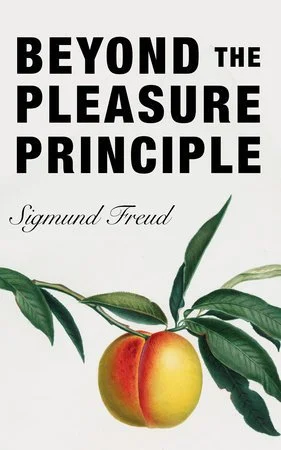Reality, democracy, and leadership in a disruptive world
There's a beautiful article from Wolf in the FT (link below) that discusses how "Pandemics can shatter illusions of competence. Failure in managing a pandemic reveals gaps between bombast and reality."
He details failures listed by the London School of Hygiene and Tropical Medicine: "a lack of co-ordination with devolved governments and local authorities; failed procurement of essential goods and services; failures of co-ordination between government, NHS, Public Health England and local public health departments; and the chaotic co-ordination with our European neighbours."
The graphs tell the story. In pithy language: bad decisions, poorly conceived and managed action, too late.
I wonder how easily the UK government learns from its mistakes? No doubt positive thinking can be powerful, but hubris can become a psychological crutch, and is especially dangerous for those at the top. (I suspect Boris was shaken by vivid revelations of his fallibility and mortality.)
But behind all of this lie deeper questions of how we, as an electorate, performed in the voting both. What really motivated us, how were we thinking, can we become more aware and make better decisions as voters? (It is worth remembering we exist was ‘voters’ or stakeholders in organisations, too. We influence decision-making to a greater or lesser extent: sometimes transparently; sometimes through lack of commitment.)
To at least partially explain, I would go to Freud's seminal paper: "Beyond the Pleasure Principle", where he examined the influence of trauma (Freud, 1922). Those democracies with ultra-liberal economies, where wealth and power have become increasingly polarised, bring a daily trauma of 'just getting by' for many. This daily trauma influences our sense of reality and our voting decisions. I believe that we cannot become ‘high-functioning’ as democracies (and all organisations are democracies to an extent) until we lessen the scale of inequality.
Further, I think, there are lessons here for the leadership of all organisations:
Test your perception of reality, invite discussion and disagreement, listen, be able to question yourself as a leader;
Spread power and decision-making across the organisation, but ensure that those with authority have a good sense of reality, of the dynamic of the situation, and are not just motivated by their own insecurities.
Freud, S. (1922) Beyond the Pleasure Principle; Trans. by C. J. M. Hubback. London, Vienna: International Psycho-Analytical

